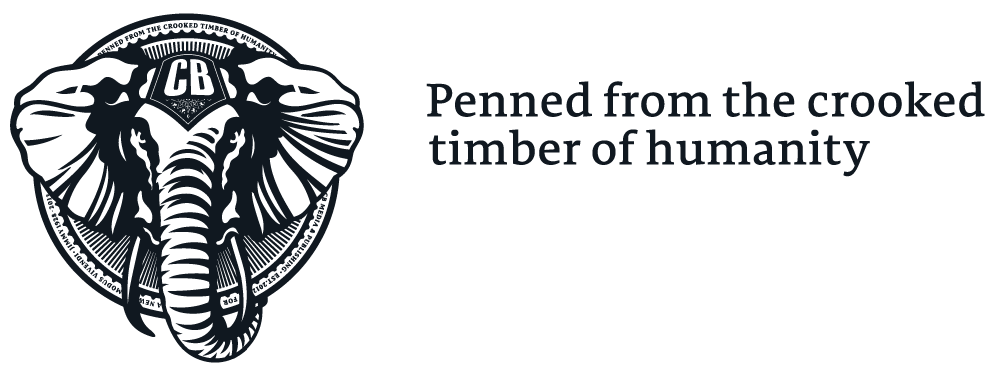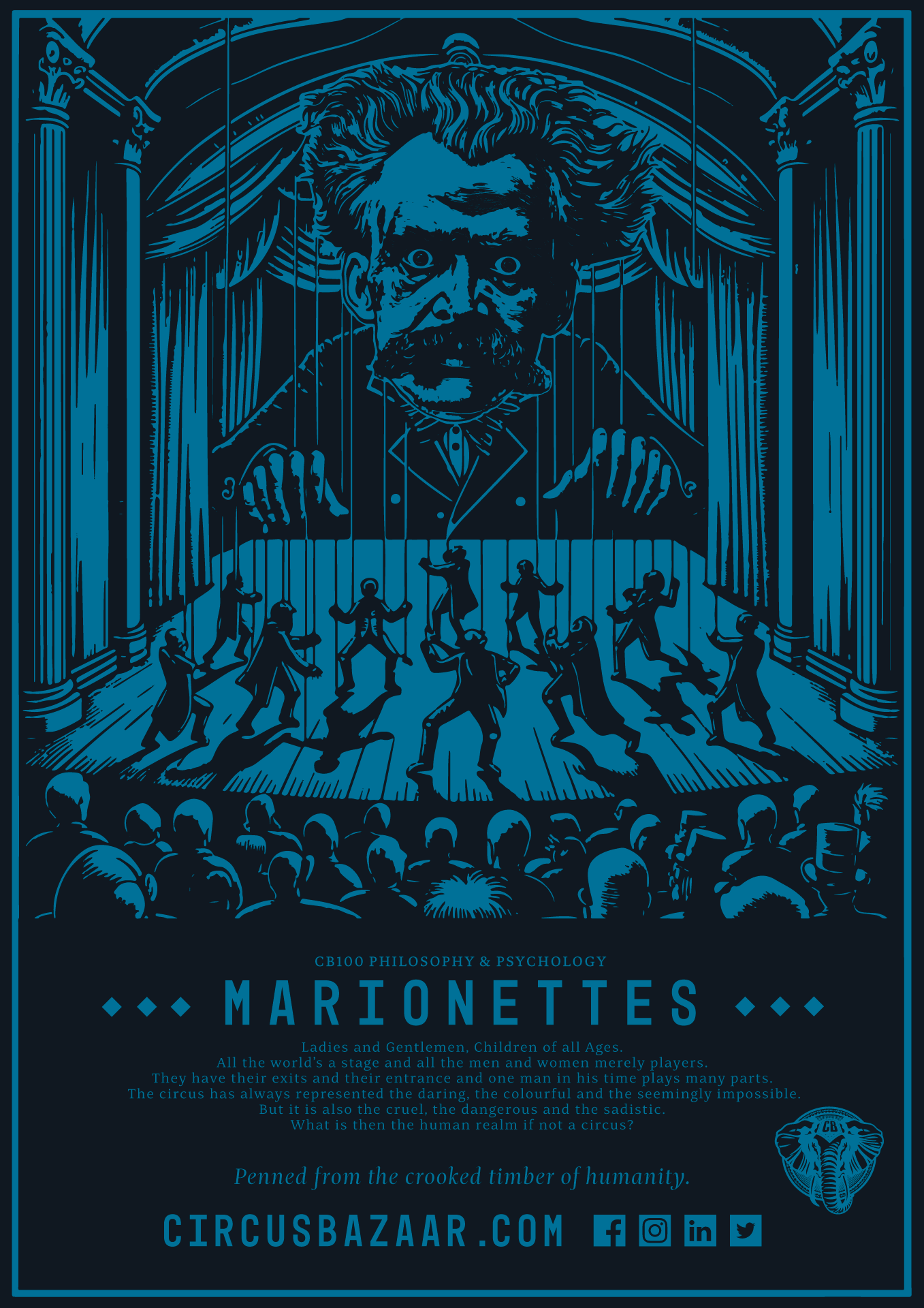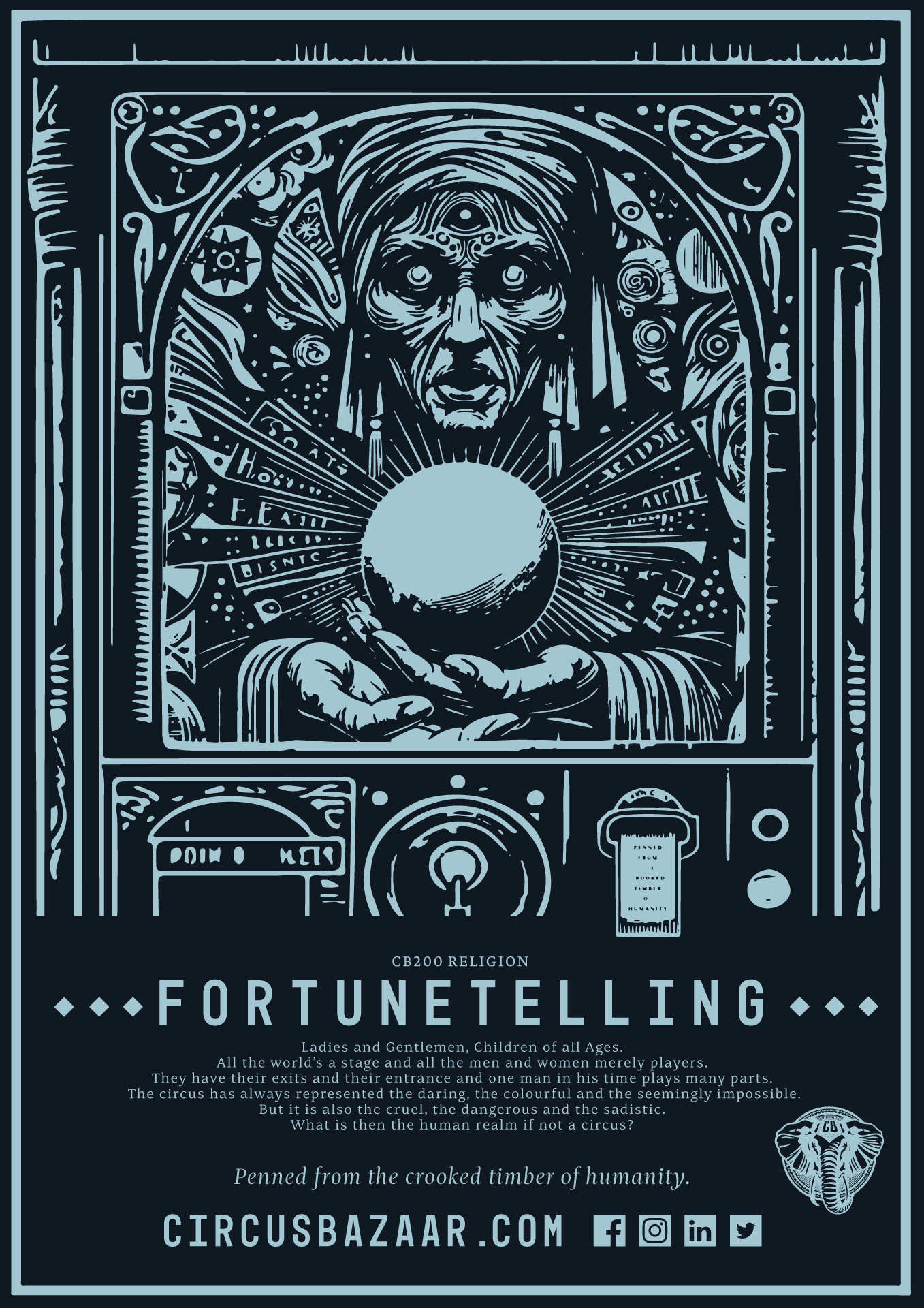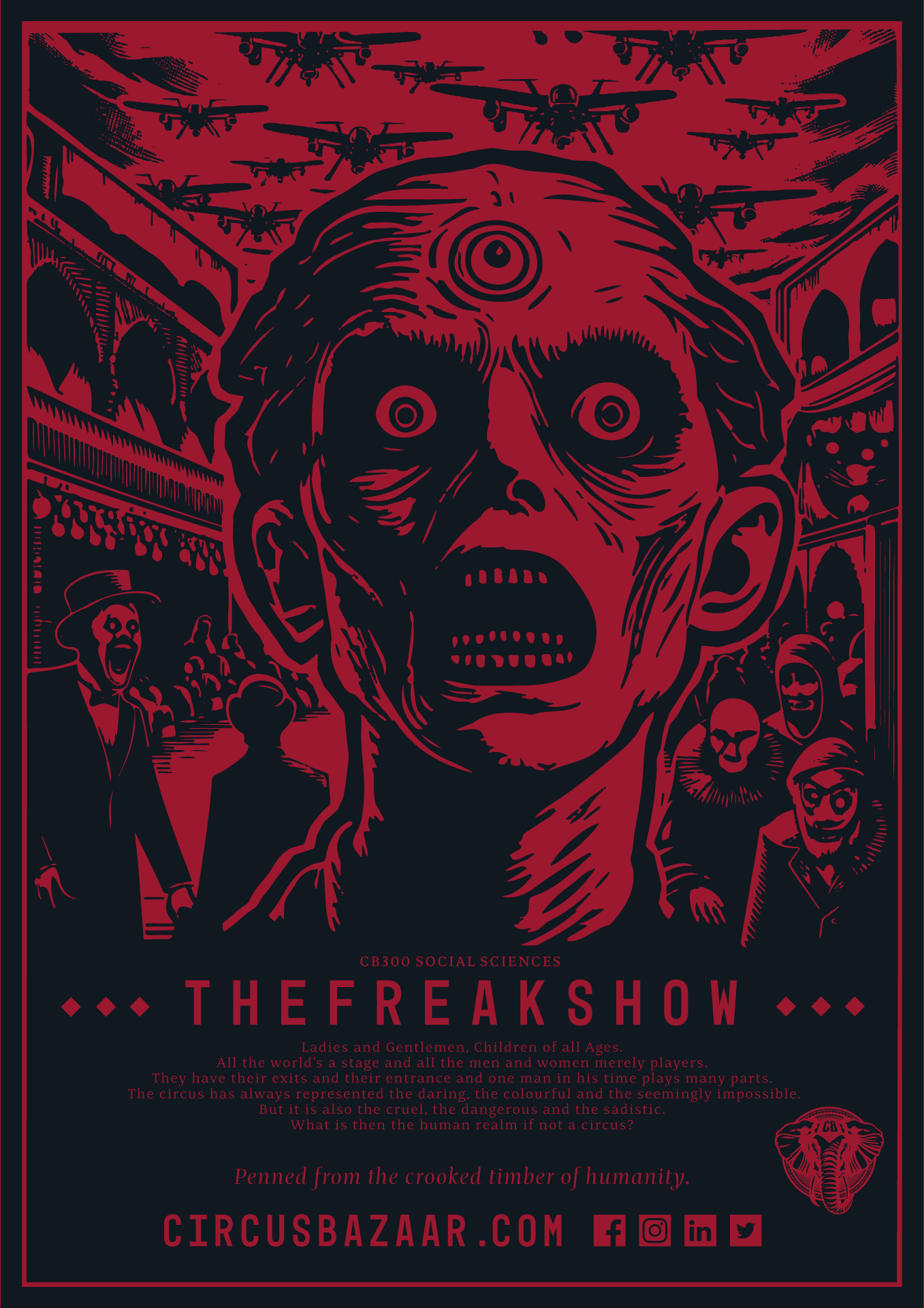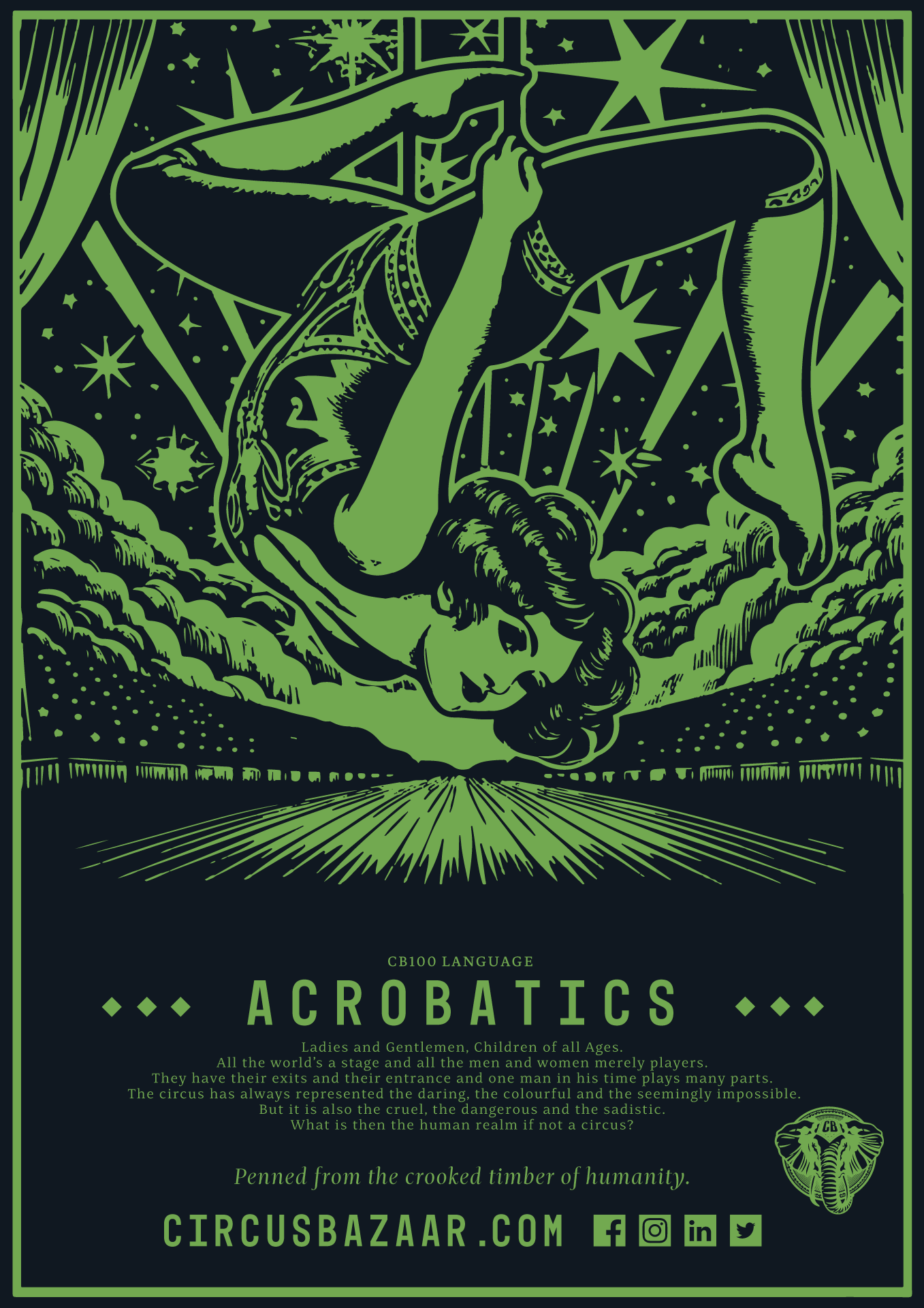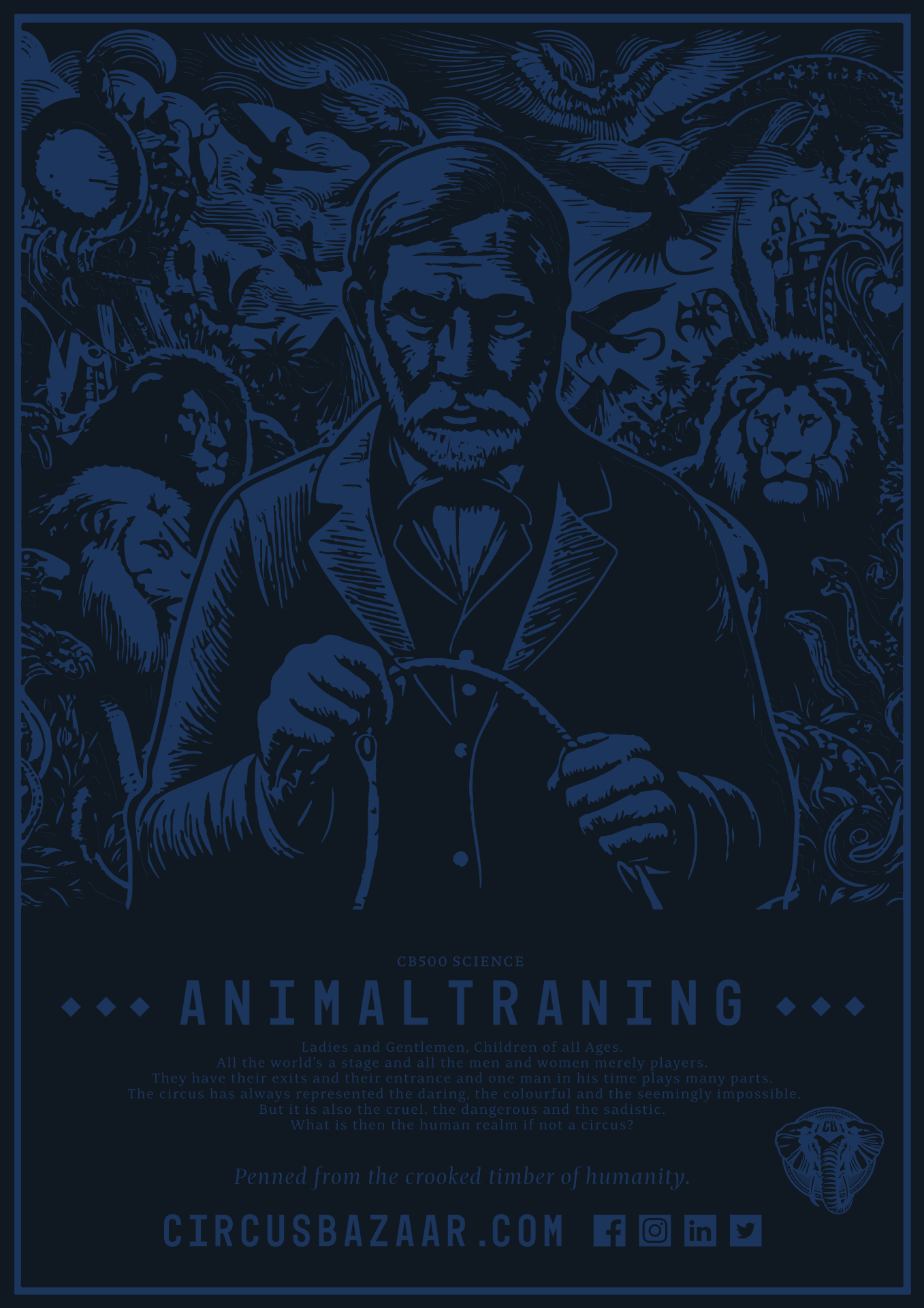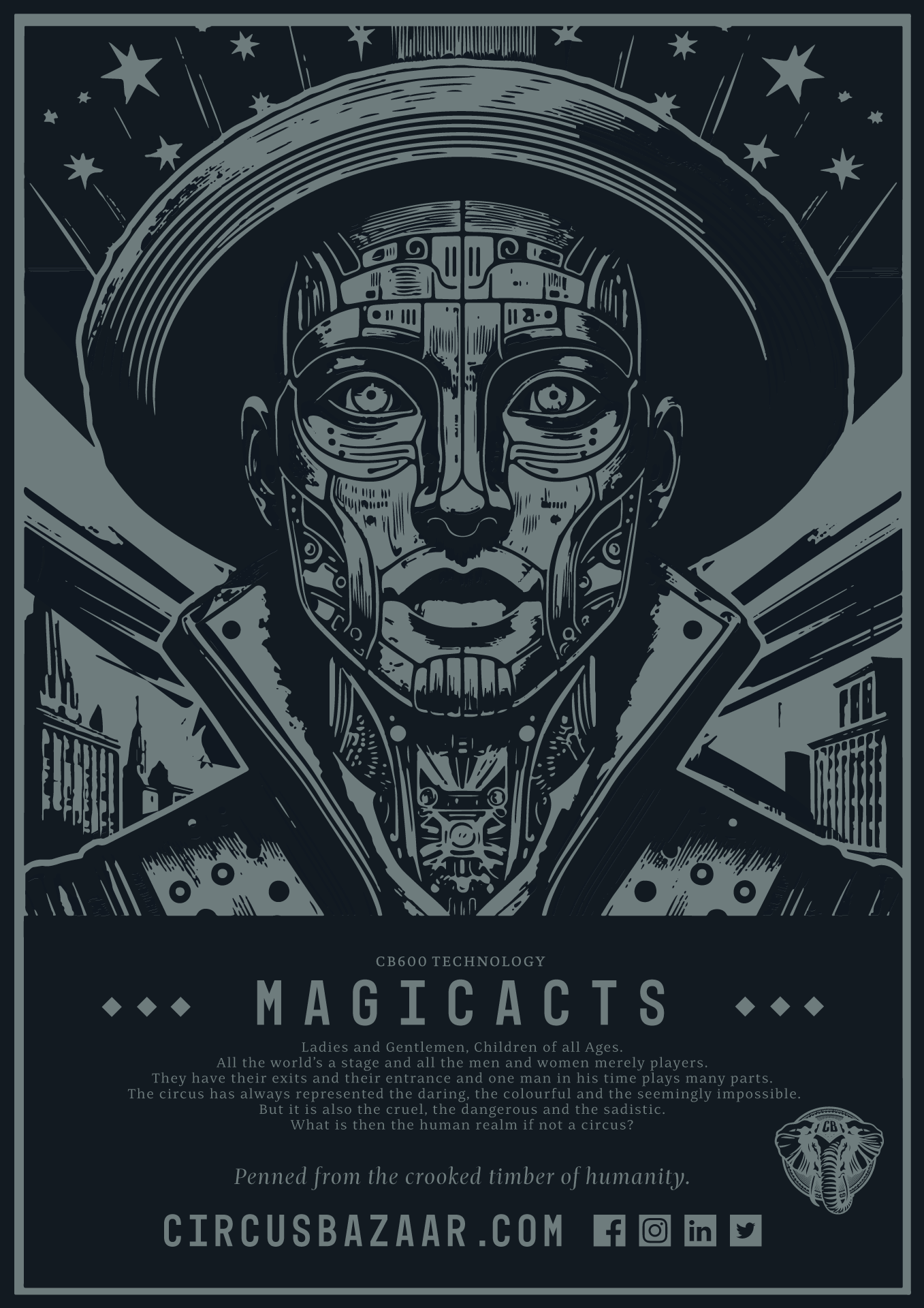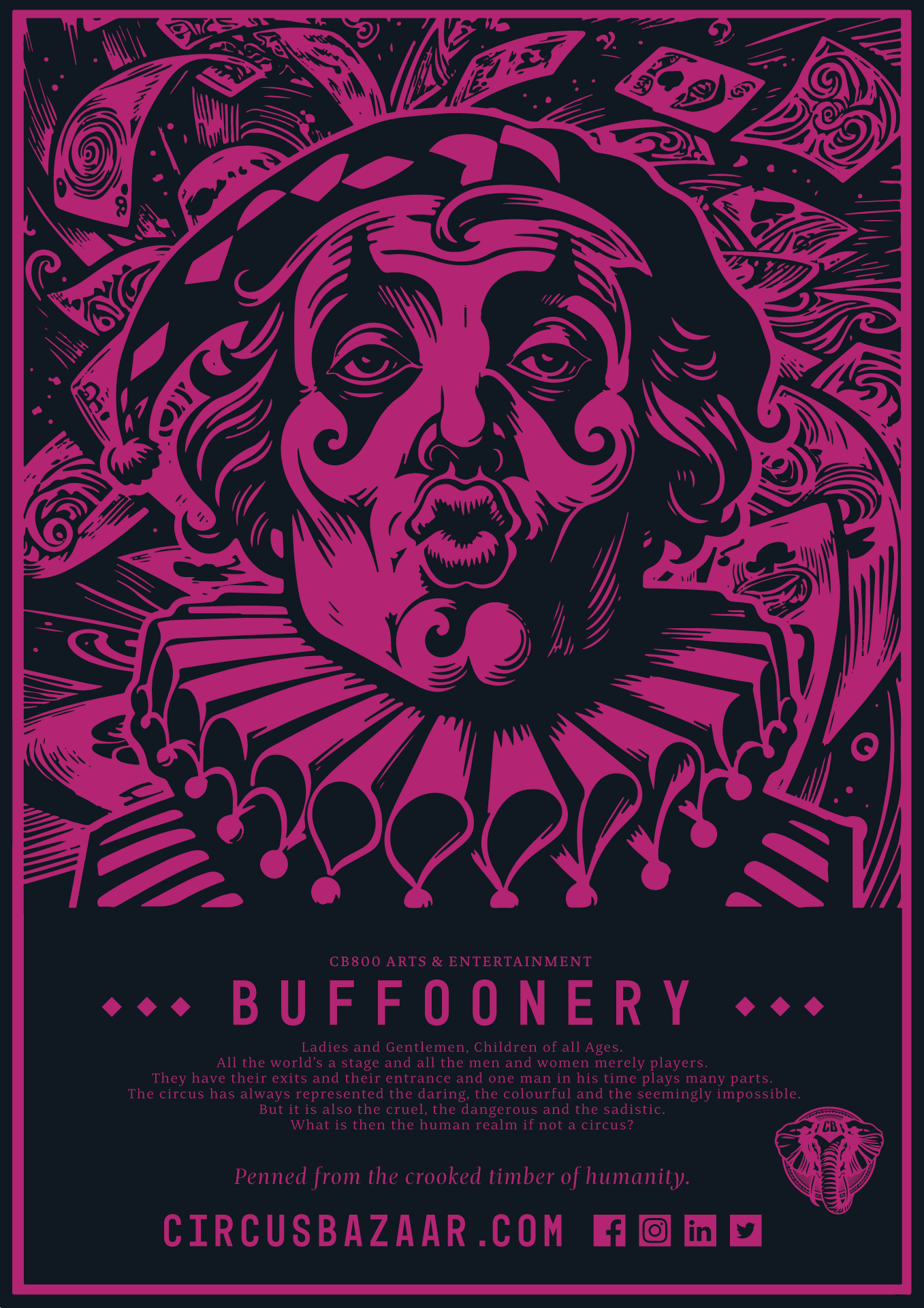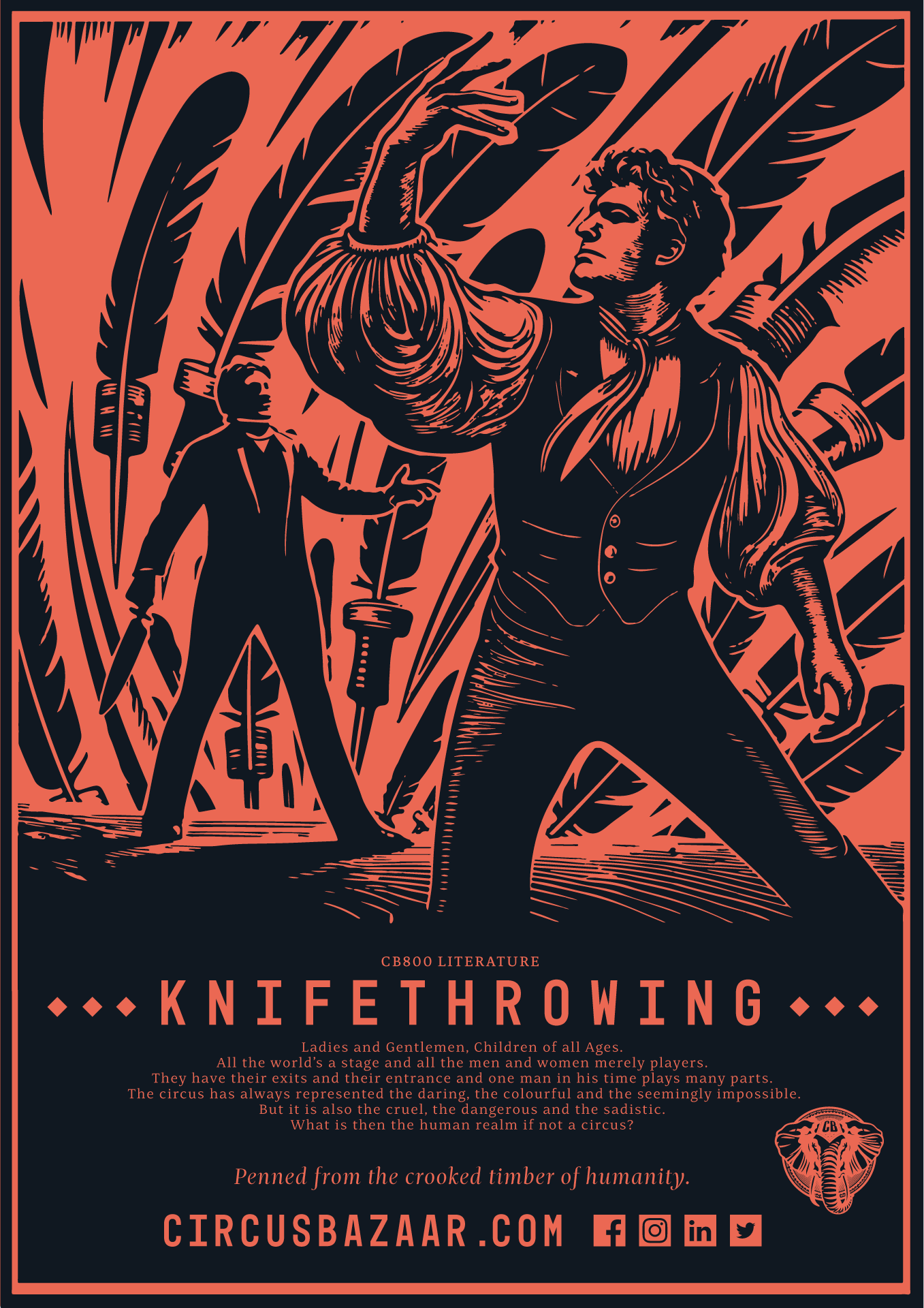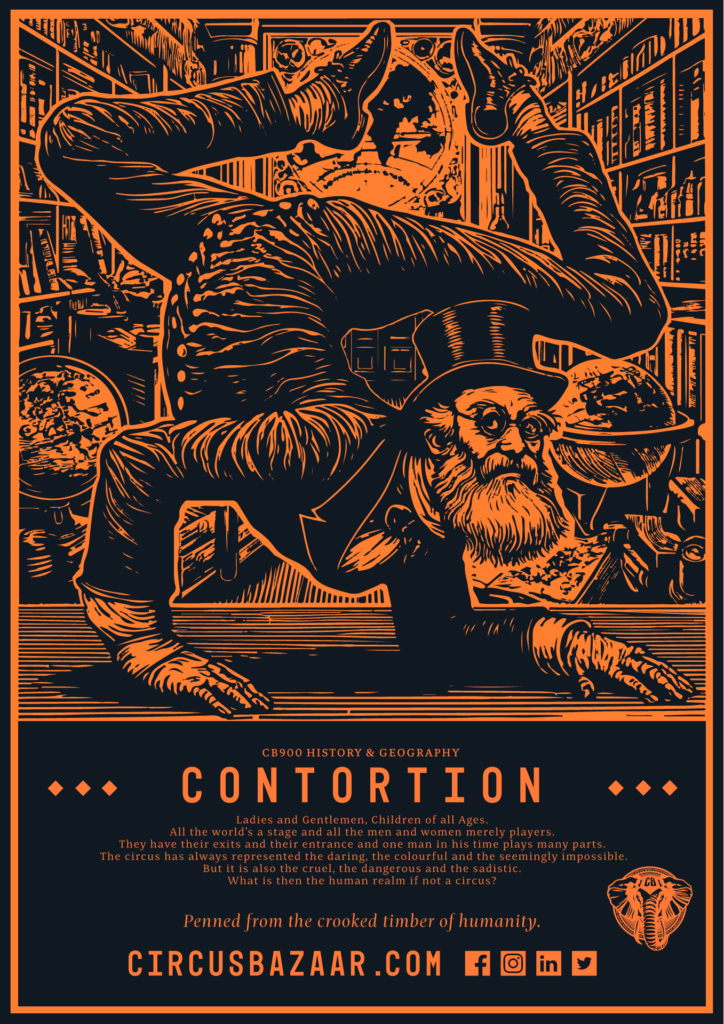“While it is true that right-wing and nationalistic parties did not win the EU parliamentary elections in all EU countries, a virulent assertion of “national identity” has descended upon Europe. Xenophobia and racism have engulfed large European territories.”
[dropcap size=big]L[/dropcap]et’s start with Great Britain, a cluster of islands off the coast of Europe. According to George Modelski, a political science professor, Great Britain experienced two cycles of hegemony: from 1714-1792, and, from 1815 –1914. During those periods Great Britain ruled the world. 1914 came along and the “great empire” slowly started to look not so great anymore. WWI produced tectonic shifts in Europe. Empires fell. Barely twenty years later WWII devastated Europe once again. Tens of millions died: Jews, Roma, gays, and Others alike were deported, gassed, or incinerated in the ovens. In the aftermath of the war, devastation and political confusion reigned in Europe. Two “non European” powers took over the continent: the US and Russia.
Yet, Great Britain was not ready to give up even if it was left with no empire to rule. From mid-1945 to mid -1948, under Foreign Secretary Ernest Bevin, Britain tried to assert itself again, this time as a co-equal power with the United States and the Soviet Union. However, Bevin’s plan failed and his dreams were shattered. Yet, make no mistake; the British were determined to find a way to exercise power in the world. During the Cold War their strategy consisted of a much more imagined than real “manipulation” of America. If the US did not consult them they felt insulted. Margaret Thatcher, offended about the U.S. invasion of Grenada without her consultation, wrote: “At the time I felt dismayed and let down by what happened. At best, the British government had been made to look impotent; at worst we looked deceitful”. What a pity! Yet, during its era of global preeminence Great Britain bestowed upon the world powerful heroes. Think Elisabeth I or Winston Churchill.
What about today’s British heroes and their mission? I have been looking very hard and the only one that I could find is Nigel Farage. Farage does not draw maps, and does not send ships to conquer the world. He is not going to have the Australians slaughtered again at Gallipoli. He only hates the EU (although he is paid by the EU) and most important he hates immigrants. Farage and his UK Independence Party (UKIP) won the EU parliamentary elections of May 2014 with about 27.5% of the vote. They defeated the Tory and the Labour Parties. Farage has big and ambitious plans such as taking the UK out of the EU, but more important, keeping immigrants out of Britain (let’s hope for Britain’s sake that the Scots could be kept in at least). In the spirit of NATO, whose one mission during the Cold War was to keep the Russians out, Farage’s present mission is to keep the Romanians and the Bulgarians out. One could say that Farage does not like Eastern Europeans: a “condition” that reminds me of Neville Chamberlain who on September 27 1938 famously (or notoriously) said: “How horrible, fantastic, incredible, it is that we should be digging trenches and trying on gas-masks here because of a quarrel in a faraway country between people of whom we know nothing.” That faraway country was former Czechoslovakia, which, at his September 1938 meeting with Hitler, Chamberlain consigned to Nazi Germany.
But why talk about only Great Britain? In France, Marine Le Pen declared in an interview with Der Spiegel that she wants to destroy the EU. Her xenophobia – and that of her followers – is notorious too. Le Pen’s Front National took 24.86% of the vote in the EU parliamentary elections and came ahead of the French established political parties much like UKIP in Great Britain. Marine Le Pen’s father – her predecessor as National Front leader – claimed that using the Ebola virus could be a solution to the “threat” posed by the increase in the world’s population! Therefore let’s leave the past in the past, and the British in their islands, because the French have their present “heroes” too. What about Denmark and Austria? In Denmark, the right wing Danish People Party took 27% of the vote during the EU parliamentary elections. In Austria the Freedom Party picked four more seats while chanting: “Too much EU is dumb” and “Too much Wiener Schnitzel is smart” (Sorry, the part with the Wiener Schnitzel is only one of my fantasies. It did not happen). Let’s not forget the pro-Nazi Golden Dawn party in Greece, whose members keep getting jailed, but whose popularity does not go down! Golden Dawn representatives are getting ready to go to Brussels for the first time as victorious decedents of Aristotle. I am throwing Aristotle in here just for the fun of it. I am not suggesting that he was a pro-Nazi.
However, why pick only on Western Europeans and accuse only them of xenophobia? Let’s move from Western Europe and descend upon the “Bloodlands”: Timothy Snyder’s term for the territories located between Germany and Russia. People like me call those territories Eastern Europe. Let’s look at Hungary, only because in the 1990s, Hungary was the poster child of transitions towards democracy. With its reforma pactada Hungary was l’enfant prodige of Eastern Europe. Yet, today Hungary got a very strong right-wing party: the Jobbik party. Hungary’s highest court ruled that Hungarian TV and radio stations could not call Jobbik “right-wing” because that would be expressing an opinion. Lucky me, I am not a Hungarian TV or a radio station. But what do you call it when Jobbik’s leader Gabor Vona states: “The Israeli conquerors, these investors, should look for another country in the world for themselves because Hungary is not for sale.”? But I do not need the Jobbik Party to make my point when, on January 2013 Zsolt Bayer, a founding member of Hungary’s ruling Fidesz party, said about the Roma: “Most Gypsies are not suitable for cohabitation (…) Most are animals, and behave like animals. They shouldn’t be tolerated or understood, but stamped out. Animals should not exist”.
Here I come to what I really want to say. While it is true that right-wing and nationalistic parties did not win the EU parliamentary elections in all EU countries, a virulent assertion of “national identity” has descended upon Europe. Xenophobia and racism have engulfed large European territories. I remember the year 2005 in France when the European Constitutional Project was defeated in a referendum. Large parts of the media were going crazy against the “Polish Plummer”. But the then image of the Polish Plummer, a stereotype who was used by the French media to scare the population and sunk Brussels, pales in comparison with today’s new enemy. On January 1 2014 the lifting of EU work restrictions on Romania (and Bulgaria) contributed to the construction of a different prototype of migrant – “the Romanian Gypsy” – whose much vilified image, in all fairness, was all over Europe even before 2014. However, these days the “Romanian Gypsy”, morphed sometimes only into “the Romanian”- so that the EU Commissioner for Justice, Fundamental Rights and Citizenship cannot accuse anymore politicians of being anti – Roma – has become a more exotic and more threatening creature than ever before. He/she is an amorphous prototype, a combination of a Romanian and a Roma (for those who know how to make the distinction) whose only clear characteristics are begging, stealing, being “countless” – meaning they are so many that no decent person can count them – and not having blue eyes and blond hair. I say that because some of us remember the story of that little blond blue eyed Roma girl that, according to the Greek authorities, could have not been Roma precisely because she was blond blue-eyed. Therefore she must have been stolen from some decent blue-eyed European family! The “Romanian-Gypsy” is that “creature” that large segments of Western European media portray as living in insalubrious camps. It is a creature that was proclaimed in some countries a “threat to national security”. Even Romanians are running away from “the Romanian Gypsy”. Some are hiding their heads in the sand – I should say hiding their identity – suffering from a nebulous and sickening “pariah syndrome”. Oh, and some of them discriminate against the Roma too. Since January 2014, The Daily Mail –and here we come back to the Brits again – has had a field day with the Romanians and to a lesser extent with the Bulgarians. Instead of “God save the Queen” The Daily Mail is going strong on “God save us from the Romanians”!
At this point, you may have realized that EU’s internal “migration” – I should say movement of persons – has been the topic of my little “epistle”. (I apologize to all non EU migrants. Next time I will write about them too). Some people blame this acute fear of migrants on the European economic crisis. To me, however, this fear seem to come from deep xenophobic feelings; feelings fueled by segments of media and politicians who are looking for political gain. Repugnant nationalistic discourses (which give a bad name to nationalism – as in “the love for one’s nation”) resonate with large segments of the European population. It does so because, as Derrida once pointed out, the affirmation/assertion of identity is something that keeps “the present open by way of the promise of the to-come”. The threat comes always from another place – if possible from faraway, as in Neville Chamberlain’s “faraway” country – and has the potential to destroy the nation’s future. The immigrants are the Outsiders and the host populations are the Established (I acknowledge here my intellectual debt to Norbert Elias and John Scotson for their magnificent 1965 work The Established and the Outsiders). The Established, as Elias and Scotson argued develop exclusionary mechanisms such as an endless “stream of gossip” – read an ideology of superiorly – to keep the Outsiders away from power, and, I will add, to keep the Outsiders “Out”. Hence the construction of the “Romanian Gypsy” or only “the Romanian”, an “inferior creature” that should be kept out together with others such as: Bulgarians, Poles, people over 45, you name it.
Have Europe gone mad again? I cannot tell yet. What I can tell is that Dinan Desmond’s “ever closer Union” is starting to look more as an “ever racist Union”. And this is very worrisome. Let me finish with an update: since January 2014 “countless Romanians” have not descended upon the Brits. But wait, there is still time… And if the Romanians will do so the British will get another chance to revisit their past days of imperial glory by kicking the Romanians out.
“God save Nigel Farage”!
